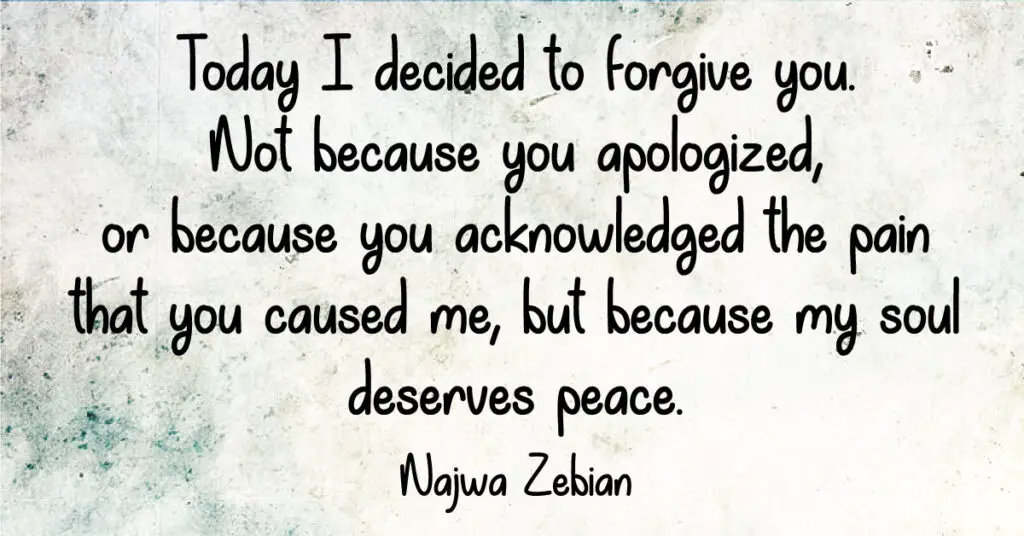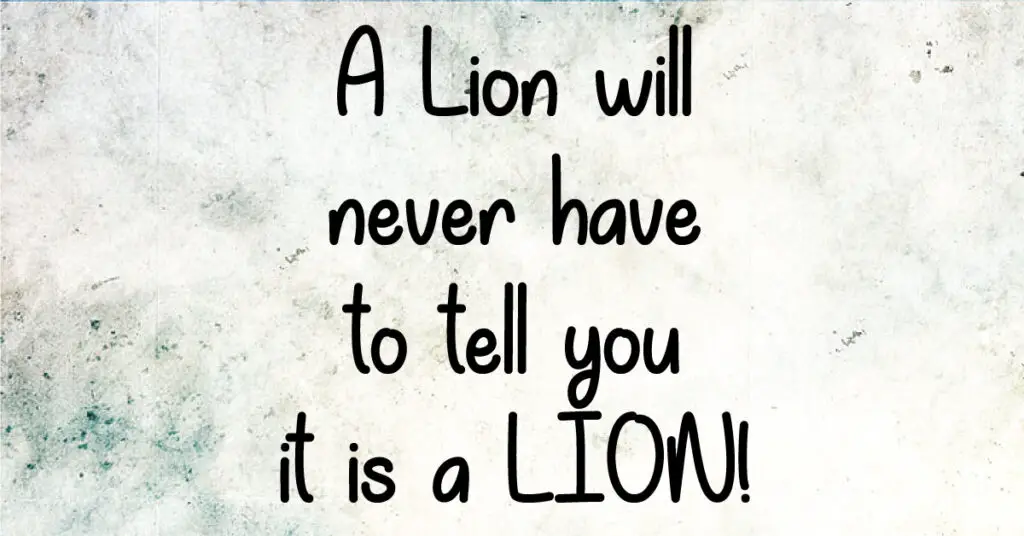A relationship should be a partnership that enhances your life, not one that consumes it. Many people, however, find themselves losing their individuality and personal identity when they get into deep relationships. This often happens unconsciously as they immerse themselves in the relationship and slowly start neglecting their own needs, interests, and dreams. So, how can we strike a balance and ensure that we don’t lose ourselves in a relationship?
Taking It Slow
Maintaining your individuality in a relationship is crucial, and according to Better Humans, taking things slow is the key. This slower pace involves consciously resisting the temptation to constantly be with your partner, particularly in the early phases of the relationship. By doing this, you’re not only giving your partner room to breathe and grow but also retaining your own personal space.
This balance allows for personal development and ensures that you don’t lose your sense of self in the process. Remember, healthy relationships thrive on individual growth as much as they do on shared experiences.
Maintaining Friendships and Hobbies
Spending time with friends and pursuing personal interests without your partner plays a significant role in maintaining your individuality in a relationship. When you engage in activities that you enjoy independently, it not only strengthens your personal identity but also enriches your life outside the relationship. Similarly, maintaining your social circles allows for varied interactions and experiences that are essential for personal growth.
These activities and social connections contribute to a sense of self that is separate from your relationship identity. They create a balance between your personal life and your life as a couple, ensuring you don’t lose yourself in the relationship. This balance ultimately contributes to a healthier, more fulfilling partnership.
Communication and Setting Boundaries
Asserting yourself in a relationship is crucial to preserving your identity. This involves clearly articulating your needs, desires, and boundaries to your partner. When you communicate openly about your expectations and limitations, it cultivates a shared understanding and respect between you and your partner. This mutual respect prevents the dominance of one partner over the other, thereby maintaining a balance in the relationship.
Speaking up for yourself also boosts your confidence and reinforces your sense of self. It ensures that your individuality isn’t compromised within the relationship, and instead, it is valued and respected. In turn, this practice contributes to a healthier, more balanced relationship where both partners can thrive individually and as a couple.
Self-Discovery and Self-Acceptance
Understanding and accepting yourself is a critical step in maintaining your identity within a relationship. This self-awareness involves recognizing your desires, values, and personal traits.
It’s about knowing who you are as an individual before intertwining your life with someone else’s. When you have a clear sense of self, you can confidently enter a relationship without the fear of being overshadowed or losing your essence.
Self-acceptance is equally important; it empowers you to stay true to your authentic self, even in the face of relationship dynamics. By understanding and accepting who you are, you establish a strong foundation that bolsters your individuality, and this, in turn, contributes to a healthier, more balanced relationship.
Encouraging Individuality
Choosing a partner who encourages your individuality is instrumental in maintaining your identity within a relationship. A supportive partner values your uniqueness and inspires you to express yourself authentically. They appreciate your personal interests, passions, and pursuits, and encourage you to continue these even within the relationship. This means they respect your personal space, understand your need for separate social circles, and acknowledge your personal growth as equally important as the growth of the relationship.
Such a partner contributes to a balanced relationship dynamic where both individuals can flourish independently, while also growing together as a couple. This mutual support and understanding foster a healthy relationship that respects and celebrates individuality, rather than suppressing it.
Mastering Communication
Striking the right balance between independence and connection in a relationship is crucial. It ensures that while you share a deep bond with your partner, you also maintain your individuality. A significant part of achieving this balance is mastering effective communication. Clear, open, and respectful dialogue allows both partners to express their needs and understand each other better. It creates a space where individual desires and boundaries are respected and valued.
Good communication helps in expressing one’s need for personal space and independence without causing misunderstanding or conflict. It also fosters a deeper connection as partners learn to navigate their shared life while respecting each other’s individual paths. Thus, effective communication is key in creating a relationship that harmoniously blends togetherness with individuality.
Staying True to Yourself
Maintaining your individuality in a relationship is paramount. While it’s natural to love your partner deeply and invest emotionally in the relationship, it’s crucial not to lose sight of your unique dreams, desires, and identity. Relationships should not require sacrificing one’s individuality; instead, they should encourage personal growth alongside shared growth.
Being true to yourself implies acknowledging and honoring your personal aspirations, hobbies, and passions, even when you’re deeply committed to someone else. It means pursuing your unique path and not allowing the relationship to deter or overshadow your personal journey. In essence, a healthy relationship is one that nurtures both individual and shared dreams, fostering a balanced dynamic where love for your partner and self-love coexist harmoniously.
Final Thoughts
Finding balance in a relationship involves maintaining your individuality while nurturing a deep connection with your partner. It requires self-awareness, effective communication, setting boundaries, and nurturing personal interests and friendships. It’s also essential to find a partner who encourages and respects your individuality. Remember, a healthy relationship should enhance your life, not consume it.








